Engineering
Fact File
Cambridge Engineering graduates are always in great demand and find themselves in all branches of Engineering and Engineering consultancy as well as the City and academic institutions.
The flexibility of the Cambridge Engineering course means you don't commit yourself to one particular area before first trying it out at degree level.
Years 1 and 2 of the Cambridge Engineering course have a broad foundation, which gives you an understanding of the basic principles of a wide range of subjects, including: mechanics, structures, materials, thermofluid mechanics, electrical engineering, information engineering, mathematical methods, computing, and business economics.
Not only is this breadth very important in helping you to decide on your specialist areas for your later years, but also such fields are rarely encountered in isolation in the real world: to be an effective Engineer you need to know more than just your specialist areas!
You also undertake coursework activities and projects, on topics including structural design, product design, presentation skills, drawing, laboratory experiments and computer programming. Examples of extended projects are:
- The Integrated Design Project where you work in teams of six to design and build robot vehicles which are then tested against each other.
- The Structural Design Project where you work in teams of two to design, build and test a structure to support a few thousand Newtons of load in for example a bridge truss structure.
In years 3 and 4 of the course professional specialisation begins in earnest and you study 18 papers from roughly 128 different options, which fall into the following broad disciplines:
- Aerospace and Aerothermal Engineering
- Civil, Structural and Environmental Engineering
- Electrical and Electronic Engineering
- Electrical and Information Sciences
- Energy, Sustainability and the Environment
- Engineering for the Life Sciences
- Information and Computer Engineering
- Instrumentation and Control
- Mechanical Engineering
In the third term of your third year, you also choose two from a variety of design and computer-based projects, projects in a foreign language or a surveying project.
A major project occupies about half of your time throughout the fourth year. Many projects are associated with current Department research and have direct industrial input and application. Recent projects include: remarkably shaped structures; preliminary design of a solar electric vehicle; strategy development for fuel restricted F1 races; medical imaging and 3D computer graphics, and the aerodynamics of power kites.
Whilst a few students graduate after three years with the BA Hons degree, most successfully complete the fourth year which leads to the BA and MEng degrees. Progression to the fourth year (and all years) is dependent on examination achievements in previous years.
Manufacturing Engineering
An alternative option following successful completion of Part I, is to study Manufacturing Engineering for Part II (years 3 and 4). Entry onto the Manufacturing Engineering Tripos (MET) is competitive, with about 40 places available across the University every year.
For more information about the Part II tripos in Manufacturing Engineering please see the course website.
Magdalene normally admits around 12 students for Engineering each year, though in exceptional years has taken as many as 18. We typically receive 70 or more applications for Engineering each year, though this number can vary considerably each admissions round.
Magdalene's academic record for Engineering is one of excellence, having performed easily above the University average, continuously now for in excess of a decade.
Whilst you are lectured your first and second year courses in the Engineering Department, the majority of your learning support happens in your College.
Engineering at Magdalene provides additional support which includes the following and more besides:
- Mock exams are provided in both first and second years (only possible due to the large size of the supervising team who mark the exams) which our students feel is a hugely useful source of feedback and almost certainly helps many in raising their grade.
- Additional support and resources are provided to assist students through the periods between terms, when most will be away from Cambridge. Our years of experience at teaching the course and obtaining good results mean we know what problems most people will have before they have them, so we can cater accordingly.
- Students will meet with their Director of Studies every fortnight during term time to ensure that any problems with their studies are identified and can be worked on without delay.
- Practice exam questions are set, taken in and marked regularly throughtout the whole academic year to continuously assist students in identifying their strengths and areas to which they need to devote more time.
In later years, greater levels of specialism mean that all supervision support for all Colleges is provided centrally by the Engineering Department. However Magdalene will still ensure you receive regular and bespoke guidance from your Director of Studies, with whom you will have regular meetings and from whom you will receive additional support materials.
Successful applicants will be able to demonstrate an outstanding track record for the diligent study of a range of academic subjects with academic scores in relevant subjects. They will show particular enthusiasm for Physics and Mathematics. Their interest in Engineering will be self-evident.
A-levels (or equivalent) in Mathematics and Physics are compulsory.
Wherever possible, at least AS-level Further Mathematics is normally required; and we would strongly recommend A-level Further Mathematics, if it is available at your school. If unavailable or you’ve recognised its desirability too late, we’d advise you to do as much additional pure maths and mechanics as possible.
For applicants who are taking A-levels the minimum offer level is A*A*A, although offers of A*A*A* are not unusual. We normally require an A* in Mathematics or Further Mathematics, and Physics. For IB applicants the minimum offer level is 42 points overall, with 7,7,6 or 7,7,7 at Higher Level in Mathematics, Physics and for the third Higher Level subject, usually another maths or science subject. We normally require a 7 in Mathematics and Physics.
IB applicants starting the new IB Mathematics syllabus are expected to take IB Higher Level 'Analysis and Approaches' for any course where Mathematics is a requirement. If this option is not available at your school, please contact the College for further advice and guidance.
Interviews and Admissions Assessment
For those invited to Cambridge for interview, there are normally two interviews each usually lasting approximately 20-25 minutes. Interviews are normally each conducted with two Engineering Fellows or one Engineering Fellow and an Engineering Researcher or Fellow in a related science subject. These interviews will cover mainly technical questions, though there will of course be a bit of engineering chat and discussion about you and your engineering interests.
We do recognise that such interviews can be a stressful experience for candidates, so we will do our best to keep you at ease, and keep matters as relaxed as possible. We are looking to see how you tackle our questions and we want to know about your thought processes, but we do not expect you to get everything 100% correct, in fact you are almost guaranteed to need to work with us to get through some of the questions, and again we want to see how you take on board and use our help.
Applicants will also need to take a written assessment. The assessment for Engineering, the ESAT, is a pre-registration required assessment. This means that you will have to register to sit the assessment at an assessment centre near to you. Registration for the pre-registration required assessment is separate from your UCAS application and it is essential that you are registered by your centre before the deadline, which is 16 September 2024. See the University Undergraduate Admissions website for further information about registering for the assessment and more details about the format of the assessment, including some sample questions.
The admissions assessment for Engineering will last for two hours and consist of two parts:
Section 1: Mathematics 1
Section 2: Physics and Mathematics 2
Please note that your performance in the written assessment will not be considered in isolation, but will be taken into account alongside all the other elements of your application.
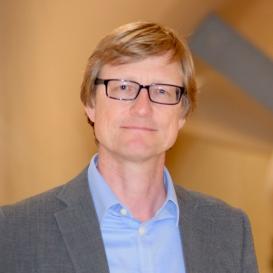
Professor Holger Babinsky
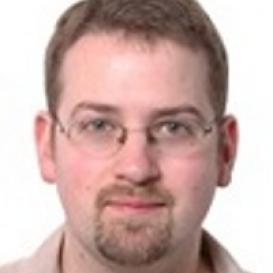
Dr Richard Roebuck
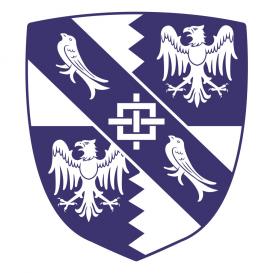
Dr Ross Henrywood

Professor John Orr
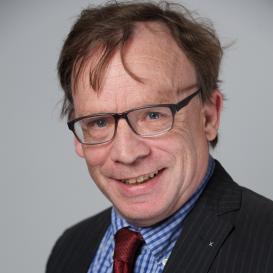
Professor Tim Coombs
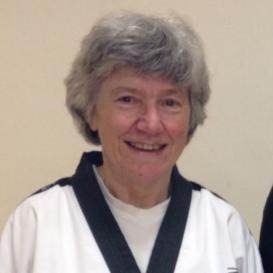
Dr Jane Blunt

